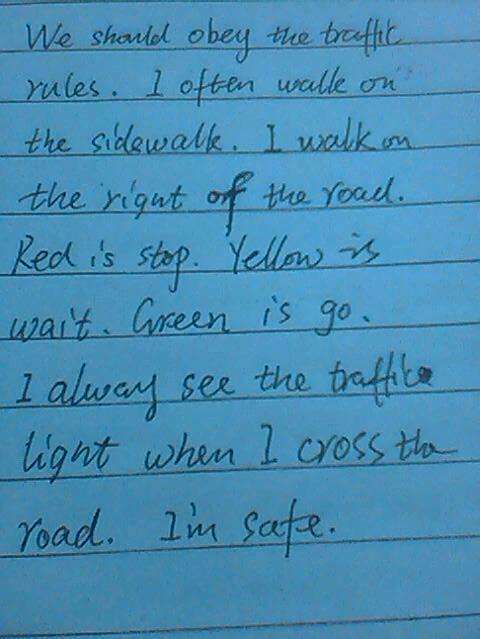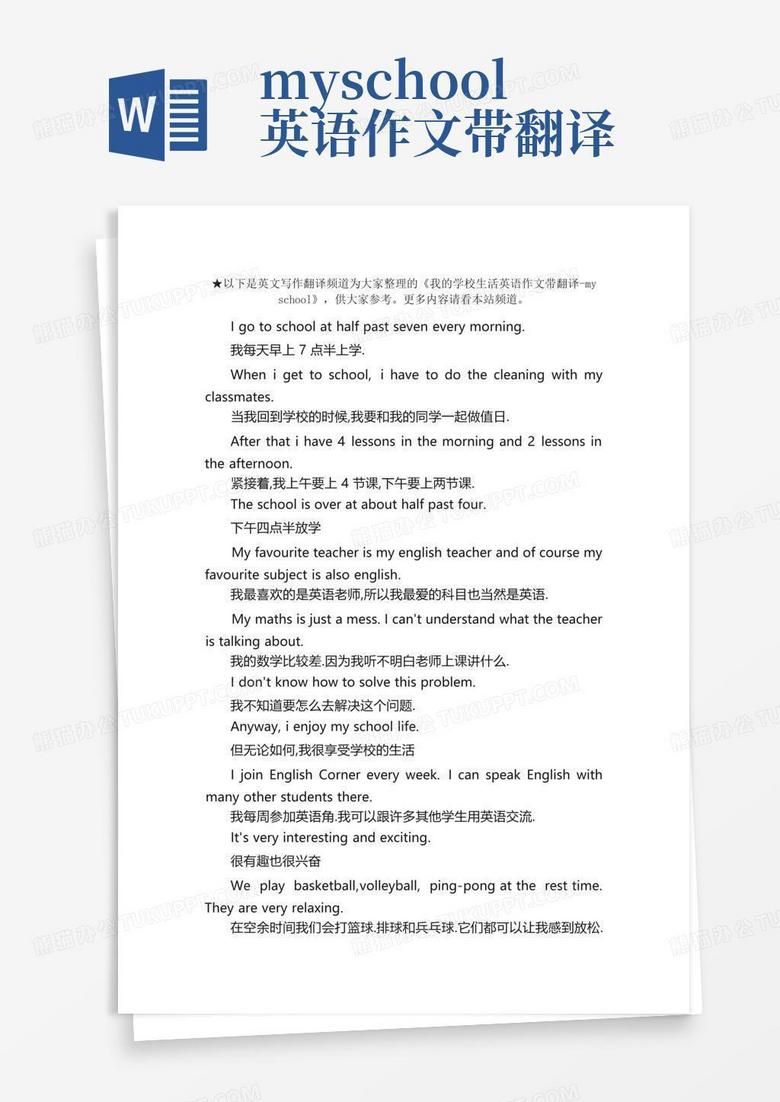Act 1: Setting the Scene – The First Day Jitters
(Opening Scene: A bustling university courtyard. New students clutch maps, while seniors smirk knowingly.)

Introduction: The Universality of Campus Stories
Every student’s life is a tapestry of laughter, challenges, and growth. Capturing these moments in a short English play script not only reflects shared experiences but also serves as a creative outlet for expression. Whether it’s the nervousness of the first day, the camaraderie in the cafeteria, or the pressure of exams, a well-crafted script can turn mundane routines into compelling narratives. Here’s how to weave a relatable and engaging campus life script—with layers of emotion, humor, and subtle foreshadowing to keep your audience hooked.

Word Count: 850+ | SEO Keywords: campus play script, student life drama, English short play, relatable school stories.

(Note: For performance, add stage directions in italics; for class submissions, include a theme analysis.)

- Character Arcs:
- Alex now mentors a new freshman.
- Ryan reveals he’s been journaling their adventures—hinting at a future novel.
- Open-Ended Question: "Was it about the grades… or the memories?" (Leaves audience reflecting).
Critics’ Corner: Expert Reviews
- Prof. Literary Lens (Theatre Arts): "The script’s strength lies in its authenticity. The cafeteria scene’s chaos mirrors real student dynamics—messy yet meaningful."
- Ms. Screenplay Savvy (Blogger): "Clever foreshadowing! The ‘broken coffee cup’ in Act 2 reappears in Jade’s breakdown—a masterclass in symbolism."
- Dr. Campus Culture (Sociologist): "Taps into Gen-Z’s duality: humor as armor, vulnerability as strength. A mirror to campus mental health struggles."
Why This Script Works?
- Relatability: Every student sees themselves in Alex, Jade, or Ryan.
- Layered Storytelling: Foreshadowing and callbacks create cohesion.
- Emotional Payoff: Growth feels earned, not rushed.
Final Tip: End with a question—"What’s your campus story?"—to spark reader engagement.

- Character Introduction: Introduce a diverse cast—e.g., Alex, the anxious freshman; Jade, the overachiever; and Ryan, the class clown. Use dialogue to reveal personalities:
Alex (muttering): "What if I can’t find my classroom?"
Ryan (grinning): "Relax, dude. Worst case, we’ll blame Google Maps." - Foreshadowing: Drop hints about future conflicts (e.g., Alex’s fear of failure, Jade’s hidden insecurity about her grades).
Act 2: Conflict & Camaraderie – The Cafeteria Chronicles
(Scene: Lunchtime chaos. A dropped tray becomes a metaphor for social mishaps.)
- Humor & Tension:
- Ryan’s absurd mnemonics: "‘Mitochondria is the powerhouse’… and my brain is the blackout zone."
- Alex’s breakthrough: "Wait—what if failing isn’t the end?" (A callback to Act 1’s fears).
- Twist: Jade admits she’s terrified of disappointing her parents, humanizing her "perfect" facade.
Finale: Graduation & Growth
(Scene: Goodbyes at the campus gate. Bittersweet resolutions.)
- Themes:
- Friendship: Bonding over shared struggles (e.g., group study sessions that devolve into meme-sharing).
- Pressure: Jade’s panic before a midterm, revealing her perfectionism.
- Symbolism: Use props like a broken coffee cup to symbolize burnout or a passed-note for secret crushes.
Act 3: The Climax – Exam Week Meltdown
(Scene: The library at 2 AM. Highlight the absurdity of student life.)
Title: "A Glimpse into My Campus Life: A Short English Play Script That Resonates with Every Student"
相关问答








